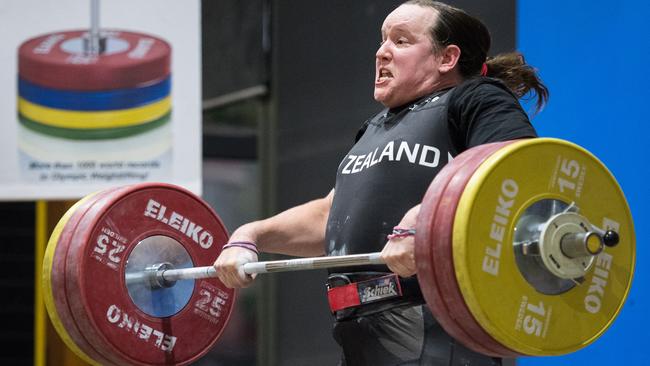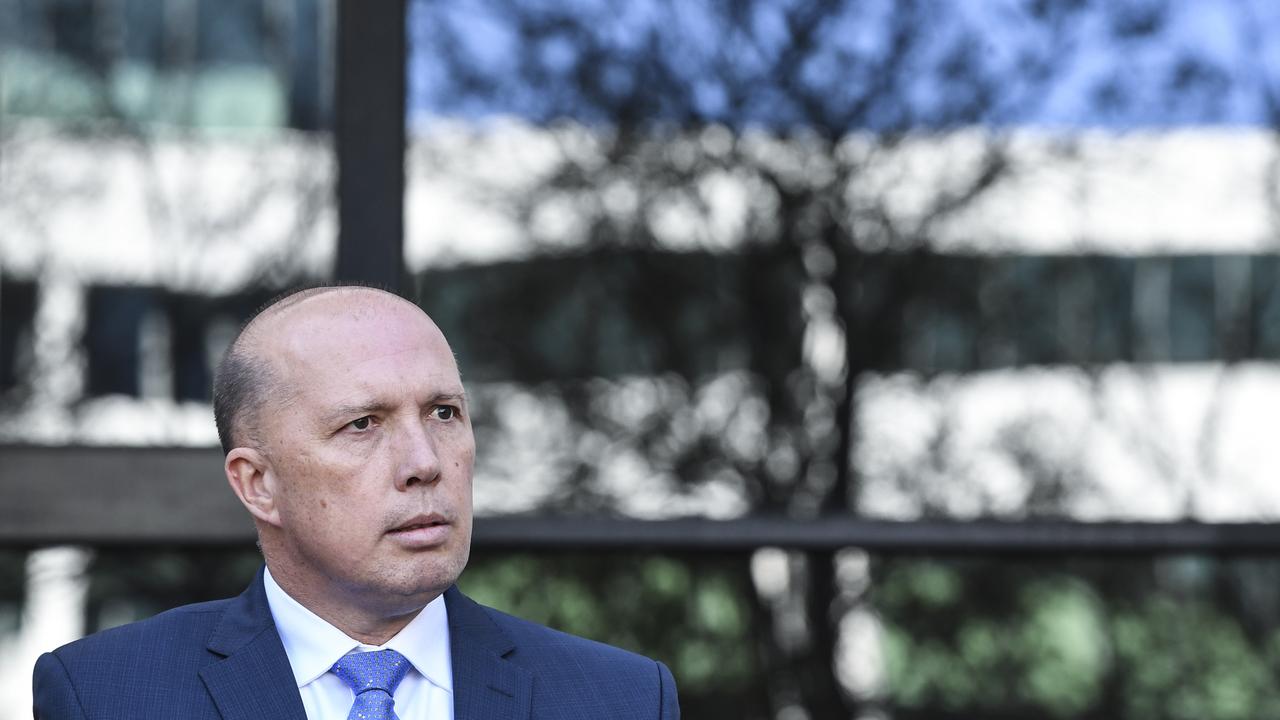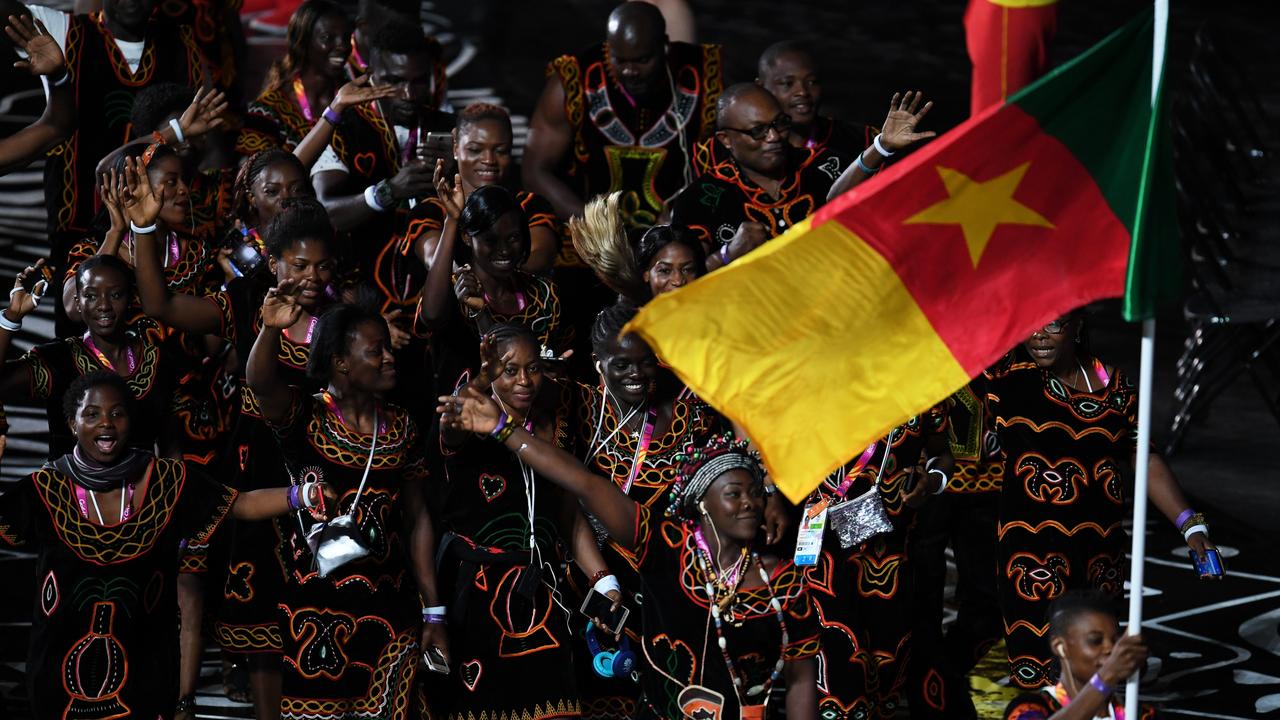Disquiet over transgender weightlifter Laurel Hubbard
New Zealand transgender athlete Laurel Hubbard will dominate the heavyweight division of the women’s weightlifting.

The most controversial and reclusive figure of the Commonwealth Games, the New Zealand transgender athlete Laurel Hubbard, is expected to dominate the heavyweight division of the women’s weightlifting tournament today. Not everyone will be pleased.
The 40-year-old Hubbard will take on Australia’s Deborah Acason in the +90kg category after she was cleared by the International Weightlifting Federation to compete in women’s tournaments last year. She represented New Zealand as Gavin Hubbard before she transitioned in her mid-30s. The International Olympic Committee allowed her to take part in last year’s world championships, where she was a silver medallist, after ruling she had undergone at least one year of hormone therapy and was recording sufficiently low levels of testosterone.
The weightlifting contest is likely to be less tense than the ethical debate. It’s yet to be seen whether the reception from spectators and her peers is warm, awkward or openly hostile. Australia’s weightlifting boss has unsuccessfully protested her inclusion. The head coach of the disgruntled Samoan squad, Jerry Wallwork, has become a strident critic. Samoa’s Feagaiga Stowers is ranked No 2 in the Commonwealth behind Hubbard, and Wallwork says she’s competing for a silver medal at best.
“A man is a man and a woman is a woman and I know a lot of changes have gone through, but in the past Laurel Hubbard used to be a male champion weightlifter,” Wallwork said.
“The strength is still there and I think it’s very unfair, and for all females it’s unfair.
“The situation may have been accepted by the IOC but that won’t stop us from protesting, regardless of whether it’s against one of our lifters or not. It’s just very unfair. Feagaiga is a little bit disheartened. She had a real chance of competing for a gold medal but now it’s a bit of an unfair disadvantage, as you can see.”
Hubbard did not arrive on the Gold Coast with the rest of the NZ team. She has not spoken to media. Last year she acknowledged the majority of her peers resented her move to the women’s ranks. “As an athlete all I can really do is to block that out,” she said. “Because if I try and take that weight on board, it just makes the lifts harder. So all I can really do is just focus and lift.”
A Kiwi official said last week: “She keeps pretty much to herself so we don’t want to change that routine and build-up for her. So in leading up to the competition Laurel won’t be fronting the media.”
Australian Weightlifting Federation boss Mike Keelan wrote to the Commonwealth Games Federation in February in an attempt to have Hubbard banned. His request was rejected. “Ultimately, it is our strong view that weightlifting has always been a gender-specific sport, male and female, not a competition among individuals of various levels of testosterone,” Keelan said. “In our respectful view, the current criteria and its application has the potential to devalue women’s weightlifting and discourage female-born athletes from pursuing the sport at an elite level in the future.”
Olympic Weightlifting New Zealand president Garry Marshall said Keelan was wrong. “Laurel has met all the requirements they’ve asked, which includes a monthly testosterone test and her testosterone levels are lower than a normal female,” he said. “He (Keelan) has no leg to stand on. He’s playing games and trying to niggle us in order to give the Australian weightlifter in that category a bit of an edge.”
Acason declined to comment ahead of her fifth Games appearance. Secretary-general of the Oceania Weightlifting Institute, Australia’s former coach Paul Coffa, was siding with Hubbard. “It’s a very sensitive question,” he said. “The fact is the Government of NZ has given her a passport for a female. She’s a lovely girl. She spent a few weeks with us … she’s done everything according to the IOC rules and she’s proven that she’s a woman.”
But Coffa admitted the result was virtually beyond doubt. “As a man, Hubbard lifted 330kg, the strength is there,” he said. “She will win the gold medal, nobody will beat her at these Games, no one. You can’t stop criticism, but I see it differently, she’s done what she’s required to do, so give her a chance and let her continue.”
New Zealand high-performance director Simon Kent said Hubbard was “an introverted character”. “Laurel is Laurel. We want to keep things as normal as we can. She’s very comfortable with who she is and she is participating in a sport she loves. At 40 years of age, this is her last chance to compete on this sort of stage.”




